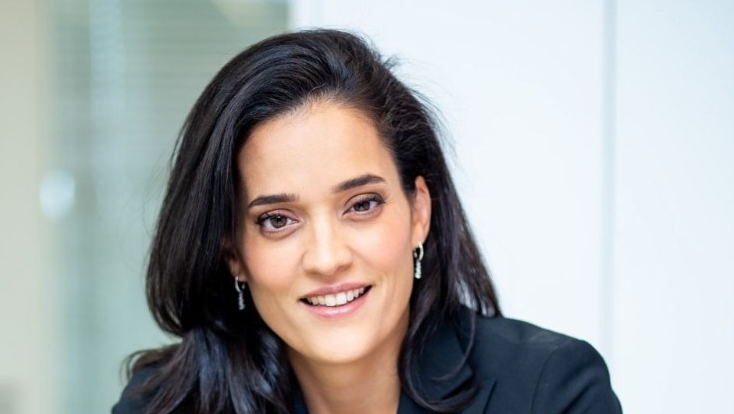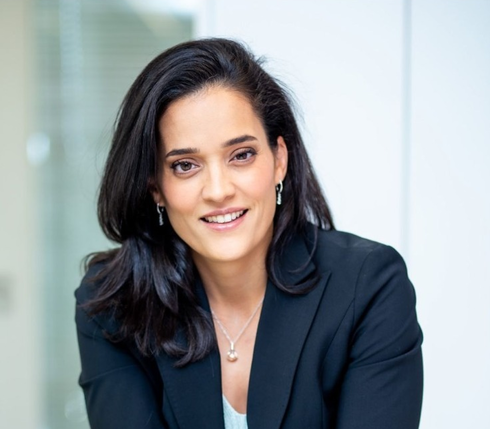
She-VC
“There is an opportunity cost, especially when you're a mom”
Irit Kahan, Partner and Head of DTCP Israel, discusses how important it is to live life to its fullest and how that attitude pushed her to success
The common denominator throughout the career of Irit Kahan, Partner and Head of DTCP Israel, is that she always makes sure she is enjoying what she is doing. “I have three kids and I firmly believe that you live once so make an impact on yourself and the world. And, if you aren’t enjoying what you are doing - don't do it. There is an opportunity cost, especially when you're a mom.”
As a child Kahan grew up with an understanding that life is short. It was this understanding that has enabled her to view fear differently than others. “Whatever you do in life you should do it with a purpose,” she states.
It is this same understanding that has led Kahan to be fearless, especially as a woman in a male led industry. “Differences make you stronger, and over time, you learn how to deal with them. Now I am not afraid, I state my opinion no matter what. I am also much more adaptive, it has shaped me as a person.”
CTech's She-VC series follows the stories of various female partners and senior managers in venture capital funds in Israel. Only 16% of partners in Israeli venture capital firms are women, and only 9% are investing partners. This poses a liability regarding how many female founders will be able to receive investments and it speaks to the industry as a whole.
When asked what tip she would give to fellow women in VC’s looking to get ahead, Kahan said: “Don't be afraid to step up and ask for things.”
Kahan believes that is one of the main differences between men and women, who have a tendency to be more polite, more afraid to ask for things, spending more time rationalizing. “Don't be afraid to go after your goal and get it. Doing a great job is not good enough. You need to make things happen if you want to advance. No one will come to you with a silver platter - that just doesn't happen.”
Kahan grew up in Zurich, Switzerland until the age of 20 and initially had no plans of coming to Israel and making Aliyah. “I always wanted to go to New York. I left my comfortable home to explore acting in the U.S. Eventually, my parents wanted me closer so I found myself moving to Israel.”
Kahan studied at the IDC and after a brief period in London at HSBC decided to enroll at Columbia University for her MBA. “I applied to Columbia and one week before I got accepted I met my husband. The day we said goodbye was super hard. We were together until July 2010, however, I worked really hard to get into Columbia and I felt I had to go. When you go against your heart you get stuck and I felt like we were strong enough to do it together.”
After a summer at JP Morgan, Kahan wanted to move into private equity in a big city, but her husband said he wanted to stay in Israel so she came back. However, Israel is not an ideal location for a career in private equity and Kahan found herself working at Vintage Investment Partners with Alan Feld. “I was there until 2015, when I had my first child. Alan is still my mentor, the way the guy works and thinks - he is an amazing person.”
Following her time at Vintage, Kahan got approached by DTCP to work on growth investments for European focused funds. “We had a large team in Europe and for me, being Swiss, it was perfect. I started as a principal, moved on to managing director and today, I am a partner.”
Related articles:
When asked how she promotes diversity, Kanan replied: “I am managing the Women Founders Forum together with Sivan (Shamri Dahan) and Merav (Weinryb). We assist approximately ten founders per year and offer them mentorship from the executive world and board members.”
What do you do about diversity in your portfolio?
“In my portfolio diversity is always a part of the conversation, all the CEOs are talking about it. What's more, I don't think boards need to ask for it anymore. There is a clear awareness that diversity is a must-have.”
